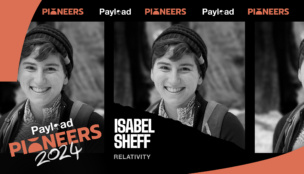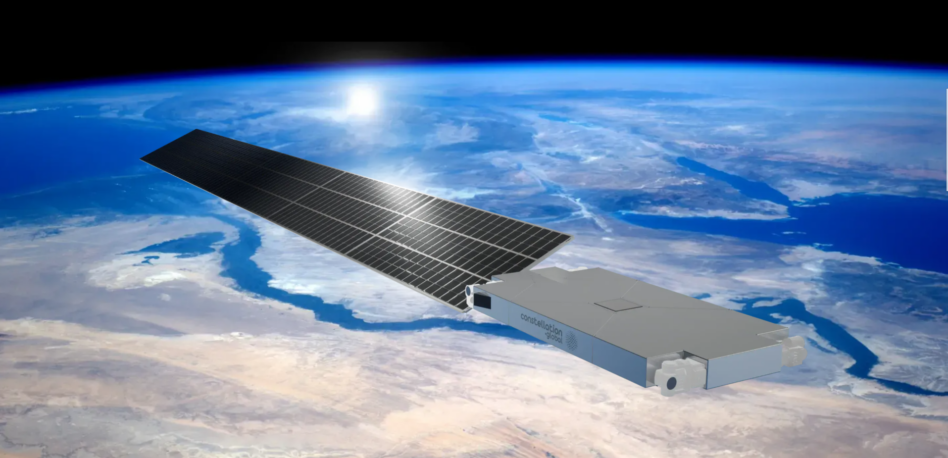Sariah Fischer is ready for the next era in space exploration. So she’s helping to build it herself.
Fischer, 26, is the director of business development at Interlune Space, which is working to sustainably harvest lunar resources and return them to Earth for things such as quantum computing and neutron detectors for Homeland Security. The company is slated to launch its first mission in 2027.
“We found that there’s a lot of high-concentration areas of Helium-3 that are in the regolith that are easy enough…to extract,” she said. “That’s replenished by the solar winds.…[It’s] basically picking up the regolith, mining it, and then putting it right back down where it was, kind of like a tilling or harvesting process.”
Family business: Fischer’s father, Air Force test pilot turned NASA astronaut Jack Fischer, sparked her passion for space from a young age. When he was tapped for a 2017 mission to the ISS, she followed him on a trip to Russia that fostered new interests in language and global policy as well.
“Meeting his crewmates—Russian and American alike—I saw the incredible power of a shared passion for exploration and learned that space is a team sport,” Fischer said in her application to be a Payload Pioneer.
Those experiences propelled her into collegiate studies in international affairs, Russian, and security policy at George Washington University, followed by jobs aiming to bridge the gap between the commercial space and government sectors at York Space Systems, SmallSat Alliance, and SpiderOak Mission Systems.
Planting seeds: Fischer’s helping to build the next generation of space experts as well.
While serving as the director of partnerships at the SmallSat Alliance, Fischer launched the Collegiate Space Competition, an annual event that challenges college students to use small sat technology and policy to solve governmental and global problems.
“I feel like it’s my duty to give back to the next generation,” she said. “We definitely need the hard science and STEM majors to make things happen and do the hard job of going to space, but the business development minds and the policy minds and the liberal arts majors that are interested in space should also be…encouraged to apply.”





